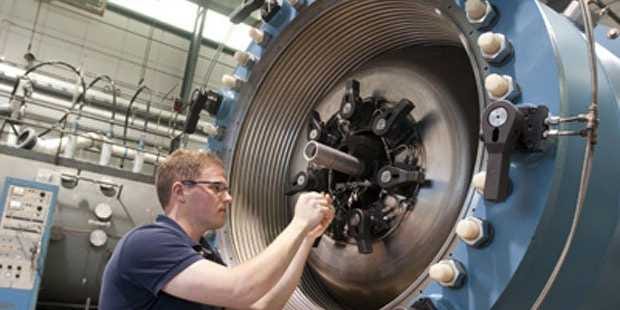Virgin Galactic announced on Friday that the Federal Aviation Administration granted the company the license it needs to fly passengers on future spaceflights, a key hurdle as the venture completes development testing.
“The commercial license that we have had in place since 2016 remains in place, but is now cleared to allow us to carry commercial passengers when we’re ready to do so,” Virgin Galactic CEO Michael Colglazier told CNBC. “This is obviously an exciting milestone and a huge compliment to the team.”
While the FAA previously gave Virgin Galactic a launch license to conduct spaceflights, the license expansion allows the company to fly what the regulator calls “spaceflight participants.” The company completed a 29 element verification and validation program for the FAA, clearing the final two FAA milestones with its most recent spaceflight test in May. Colglazier noted the two last milestones were specific to the spacecraft’s flight control systems and inertial navigation systems.








